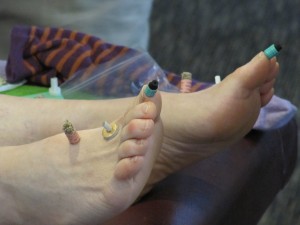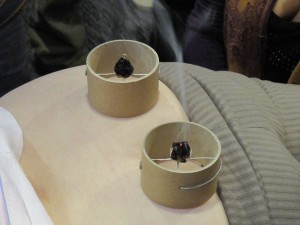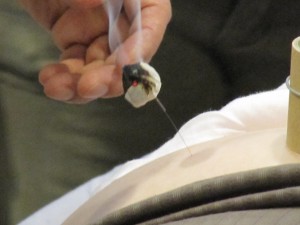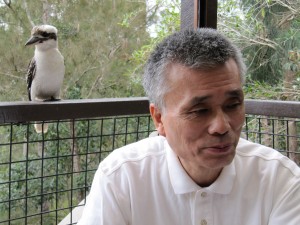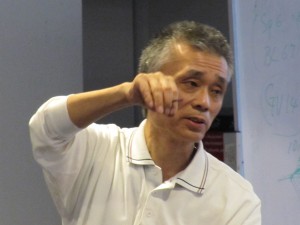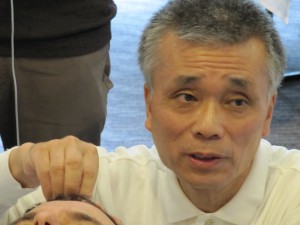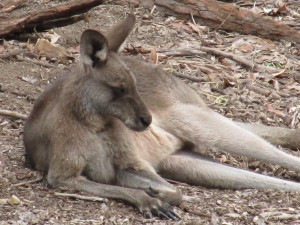Explorations in traditional Japanese Moxibustion Therapy
with Junji Mizutani
“Junji Mizutani was led to the practice of traditional Japanese medicine through a teacher practicing the Sawada style, he has a passion for traditional approaches coupled with a no-nonsense pragmatism. Direct moxa has a central role in the Sawada style and he has remained close to his roots while absorbing other approaches. Junji has established himself as an authority and proponent of moxibustion in North America.” Stephen Brown.
Moxibustion Therapy was mentioned as an integral part of treatment in the Huang Di Nei Jing Su Wen (150 BCE). It is a stand-alone therapy, useful in the treatment of a wide variety of conditions. It is also one of the most useful health preservation therapies. Junji will give an introduction to moxibustion, its functions and indications. This workshop will focus on many of the most widely used techniques as developed by Japanese practitioners, with examples of treatment strategies. Junji will demonstrate all techniques and there will be time for practice and questions. He will cover a variety of treatment strategies, local, whole body (Sawada style), special effect points, autonomic nervous system balancing, needle and moxa combinations etc.
Weekend participants will learn:
-An introduction to the functions and indications of traditional Japanese moxibustion therapy
-How to palpate and accurately locate points requiring moxa, sensations felt by patients
-Sawada style whole body treatment
-Local treatment and special effect points
-Autonomic nervous system balancing treatment
-Combination needle and moxa treatment
-Some examples of traditional Japanese indirect moxibustion
-When is enough moxa enough?
Monday participants will learn:
Junji will cover moxibustion for gynecology and digestive disorders. He will share some of his personal clinical experience and cases. He will demonstrate how to use these in treatments.
Where: Walkabout Creek – Banksia room – Brisbane Forest Park
60 Mt Nebo Road, The Gap, Qld www.walkaboutcreek.com.au
When: July – Saturday, 24, Sunday, 25 and Monday, 26, 2010 8.30 a.m. – 4.30 p.m.
Cost: Saturday & Sunday $395 AACMA Member $10 discount
Monday only $185 AACMA Member $10 discount
All 3 Days $460 AACMA Member $10 discount
Early bird discount full payment by June 13, $440 for 3 days
Includes: Moxa kits – moxa pen, incense, moxa, shiunko cream, bamboo tube and wood blocks for rolling threads.
Junji Mizutani, born and raised in Japan, he graduated from Japan Central Acupuncture College in Tokyo in 1983 and obtained his license to practice shiatsu, acupuncture, and moxibustion in Japan. In 1983 he continued his study at Kikkawa College, Toronto, Canada, going on to join their teaching faculty. He moved to Seattle in 1992 where he is in private practice. He is also a practitioner and teacher of shiatsu. Junji travels widely teaching, mostly on moxibustion. He is a well-known and popular teacher in North America. He is a founding member, and director of the North American Journal of Oriental Medicine devoted to traditional Japanese medicine.
